Within the four years since releasing his third album, Helsinki, from 2021, Mike Rufo navigated the loss of two parents, a new role in his lifelong dedication as an environmentalist, and entered the “third act” of life, and documented it all on his new album, living is.
Chronicling life, mortality, the environment, a sense of renewal and the beauty and privilege of starting over again, living is spans the Oakland, California-based singer and songwriter’s enviromentalism and the grief of losing his mother in 2021, followed by the death of his father six months later, all while finding himself in a new chapter in life.
“I’ve always been a very optimistic person, and I think I had a pretty good run,” says Rufo. “But after my mom died, then my biological father, whom I only got to know about 15 years earlier, died six months later, and my second dad, whom I called ‘Dad,’ died in 2019—I lost three parents. My mom and I were very connected, and we sort of had this pact against dying.”
He adds, “I was observing myself going ‘Dude, you’re really suffering here and deep in this. Weeks turned into months, and I told myself, ‘You need to do something.’ And the only thing I could grab onto at that point was music.”
Working with longtime producer Gawain Mathews, Rufo dug into some older songs for living is, including the opening title track, a song he had written years earlier as a Celtic instrumental. With lyrics added, “living is” became a testament to the message and reassurance on the album—All you touch, all you see, all that is, all you’ll be, have no fear, for love will make it clear—with more pigments of optimism on “New Day.
On living is, Rufo also addresses the plight of the environment in the pensive “The Reckoning.” As a scientist and activist, Rufo has served as an energy resource consultant for more than three decades, and also serves as a board member for Music Declares Emergency U.S.
Videos by American Songwriter
Arrangements were also taken into consideration on the 11 tracks, with Rufo enlisting violinist Ben Andrews, drummer Brady Blade, and backing vocalists Megan Slankard and Sarah Larkin to help him express the bluegrass and Celtic streaks throughout the album.
On “The Reckoning,” the harmonic percussive sound Rufo captured on the guitar sounded like a heartbeat and became the core of the song. “It felt like the heartbeat of Earth,” he says. “It’s a confession from humanity to Earth. Earth never responds, but humanity is trying to reckon with being disrespectful and disturbing the beautiful dynamic equilibrium that Earth has been in for tens of thousands of years.”
He continues, “To disturb something like the climate … It’s very complex. We really have no idea what’s going on, even the best science we have.”
The upbeat reggae-leaning “Some Will Fly” was the only song Rufo co-wrote on the album with musician Tony Glaser. “I just felt that catharsis of singing about not just my mom’s death, but it’s also tapping into life,” shares Rufo. “People are crying, dying, and being born, and that’s life.”
“I Saw the Devil” delivers a bluesier coda, which Rufo likens to the Beatles adding “little weird songs to end an album,” and brings everything to a close. “The song ends with the devil disappearing,” he says. “The devil’s gone, and the album’s gone.”
Before the end, Rufo offers another ode to the planet with “The Letter (Lost),” a song he wrote years earlier when he attended a Folk Alliance meeting in Kansas City, Missouri. During a heavy rainstorm, Rufo started imagining an apocalyptic rain that comes in and changes the life of the character he had in his head, a “god-fearing man homesteading too close to the wrong river in the 1800s.” In the song, the man loses everything except for his sister, the recipient of his final letter months later.

“There’s some contradiction in the song because the main character is grappling with this devastation, and he’s a very religious person, which I’m completely not,” shares Rufo. “There are lines in there about his guilt … his parents were swept away, and he wasn’t able to save them, and the devil’s going to make him pay later. He’s also grateful that at least the person the letter is written to is still alive.”
Some of the more intense imagery of nature in Rufo’s lyrics is linked to his life as an environmentalist, which started in childhood. At 12, after his family moved to Los Angeles from Philadelphia, Rufo remembered seeing the Hollywood sign in the Hollywood Hills for the first time in weeks, a rare sighting due to the smog in the city. That early clouded image, followed by the oil crisis in the 1970s, set him on his path.
“I didn’t have the word environmentalism, but I just thought, ‘The adults don’t know what they’re doing,’” says Rufo. “Society is built on this non-renewable, polluting fossil fuel that took hundreds of millions of years to form. I became an environmentalist, and that’s what I did. I had a big, thirty-year career as an energy environmental consultant, but I always had the poetry and the music going in the back of my mind, along with nature, earth, and humans not being able to control weather and climate, and the humbling and mysterious nature of it all.”
Growing up surrounded by the activist folk music of artists like Tom Paxton, Phil Ochs, and Bob Dylan, Rufo went on to play at protest rallies and accompany peace activists when they were arrested and did his own civil disobedience. “That was the soundtrack of my childhood,” he says. “I’ve done [played] some of that, but there’s a time and a place for it. The songwriter with the guitar and a message had a real big role in the ‘60s, and there are still great artists doing that, like David Rovics and Billy Bragg. But it’s a different era now. People don’t necessarily respond to the guy up there with the acoustic guitar.”
Now, 13 years since his debut with Streets of Plenty, a compilation of more rock songs he had written over several decades, Rufo moved into folkier corners but still says there’s another rock album waiting to be released.
“I’m on the older side of this whole journey, which is another interesting dimension that I call the third act,” says Rufo, who retired from the 60- to 80-hour work weeks in climate work years ago and has released four albums since turning 50. “Music is that third act. And there’s more to come.”
Photos: Courtesy of Mike Rufo

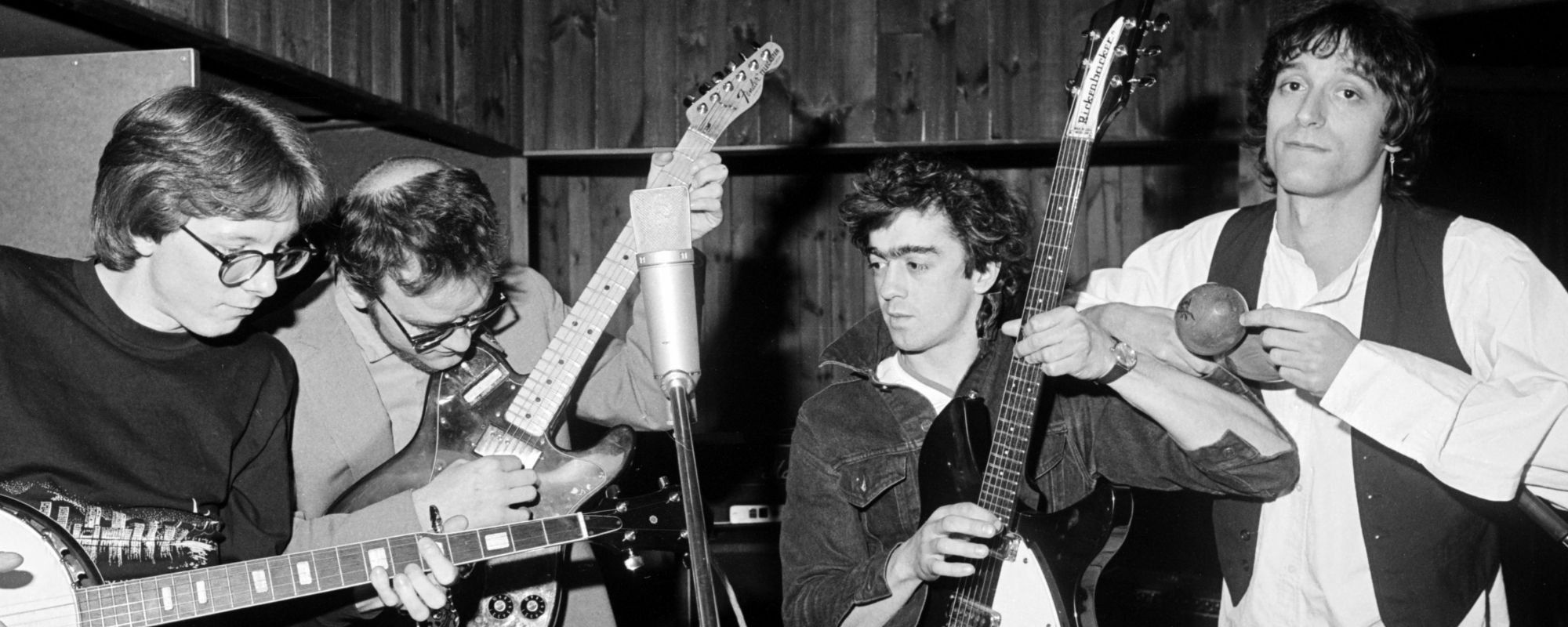
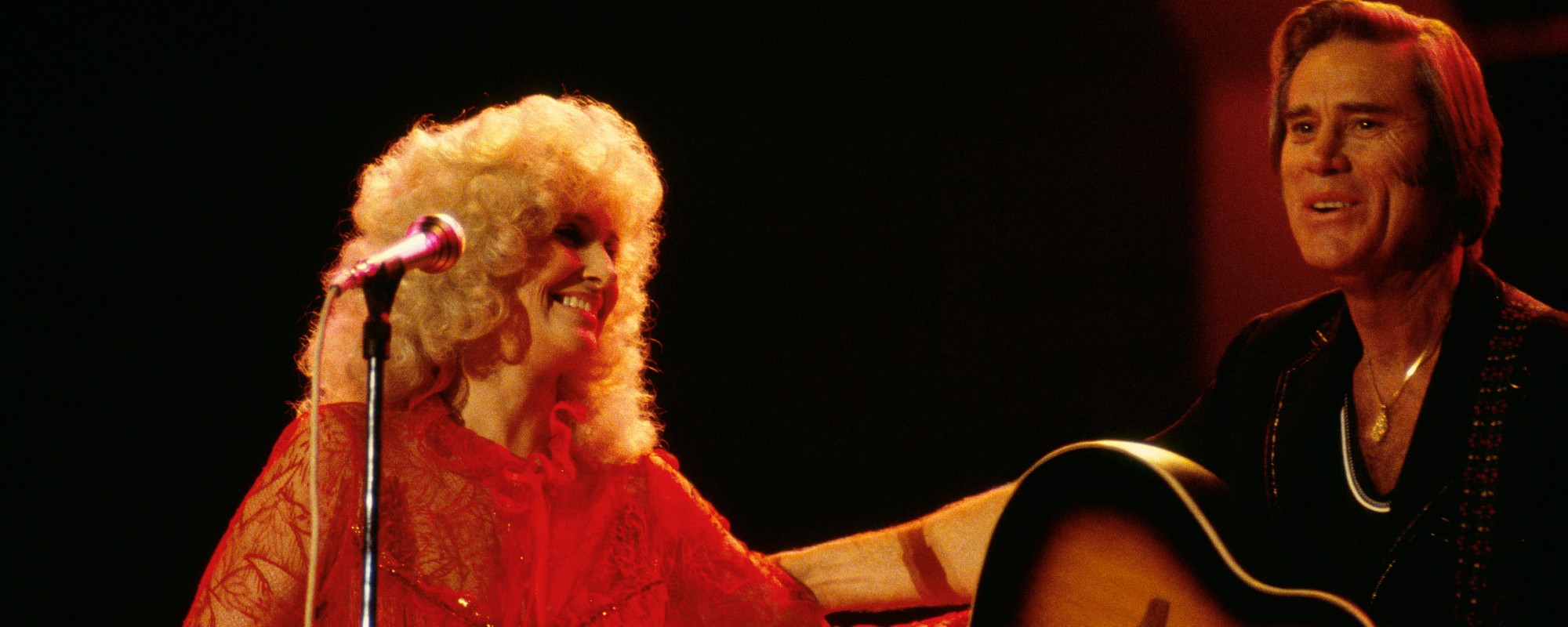
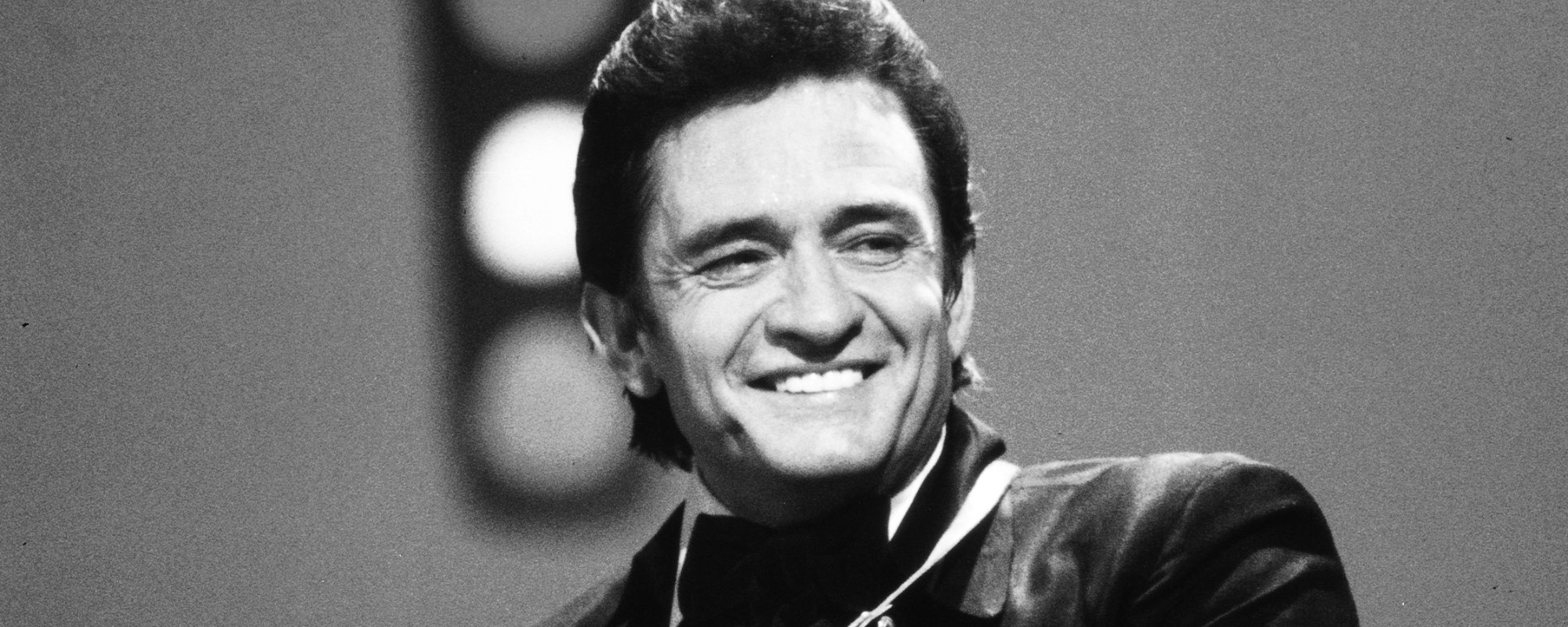
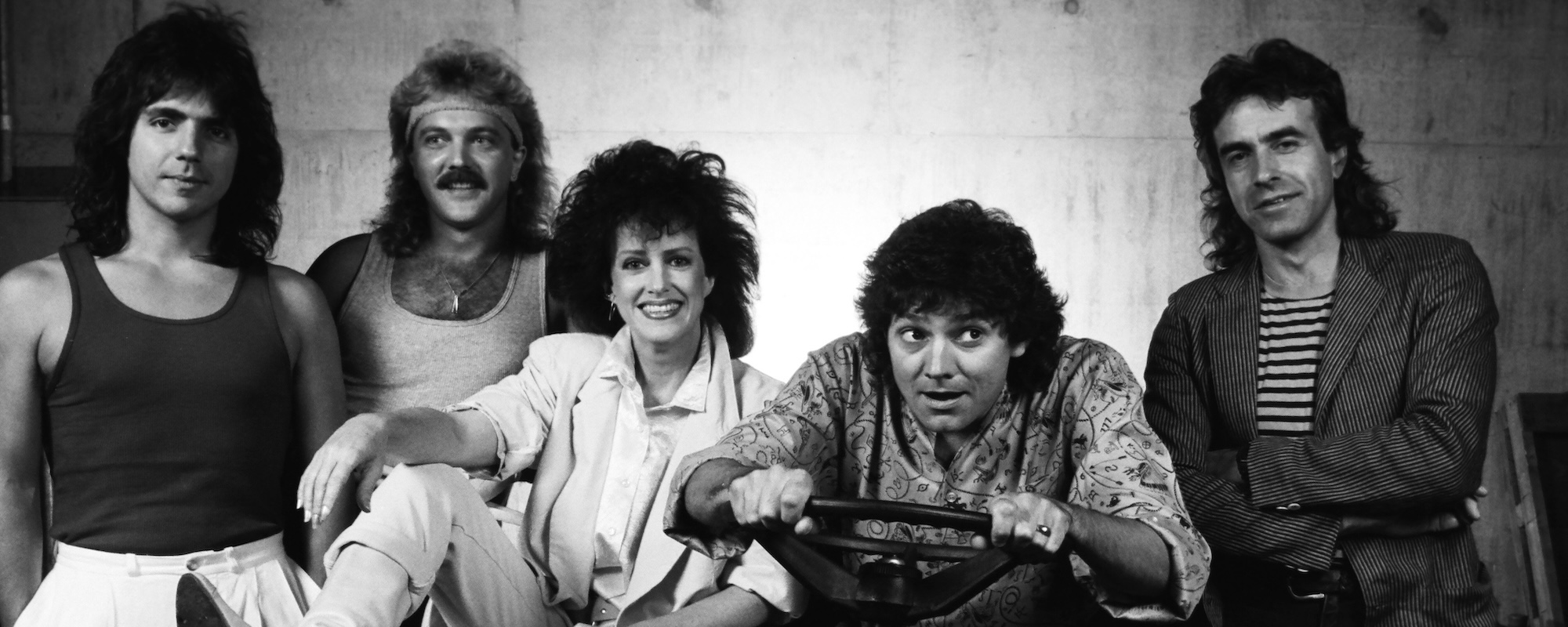
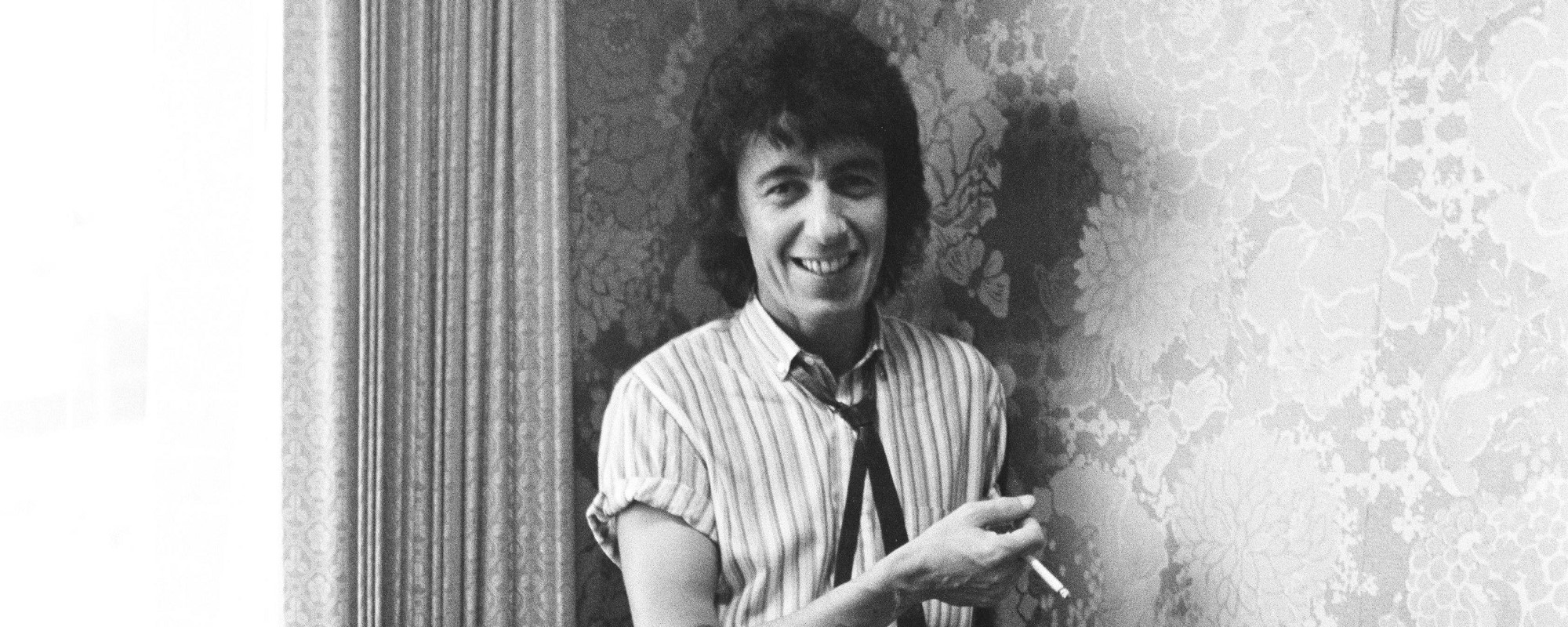
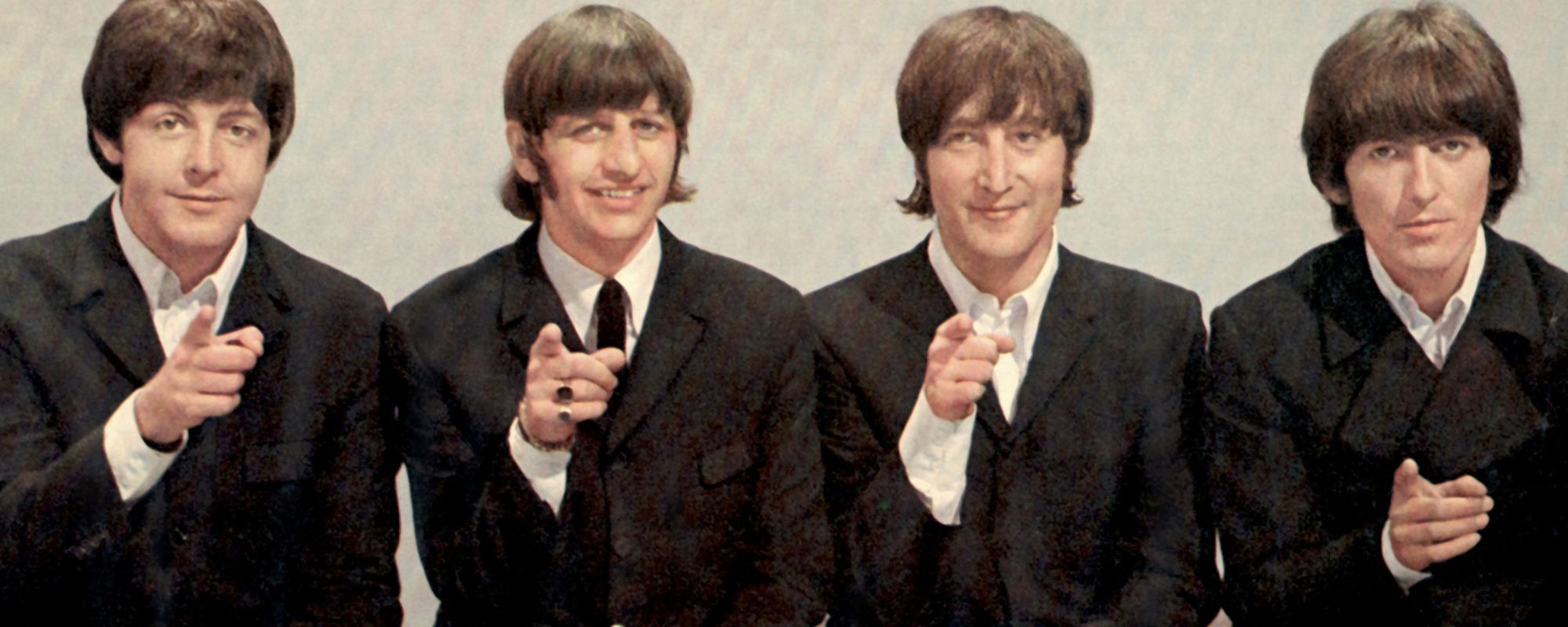

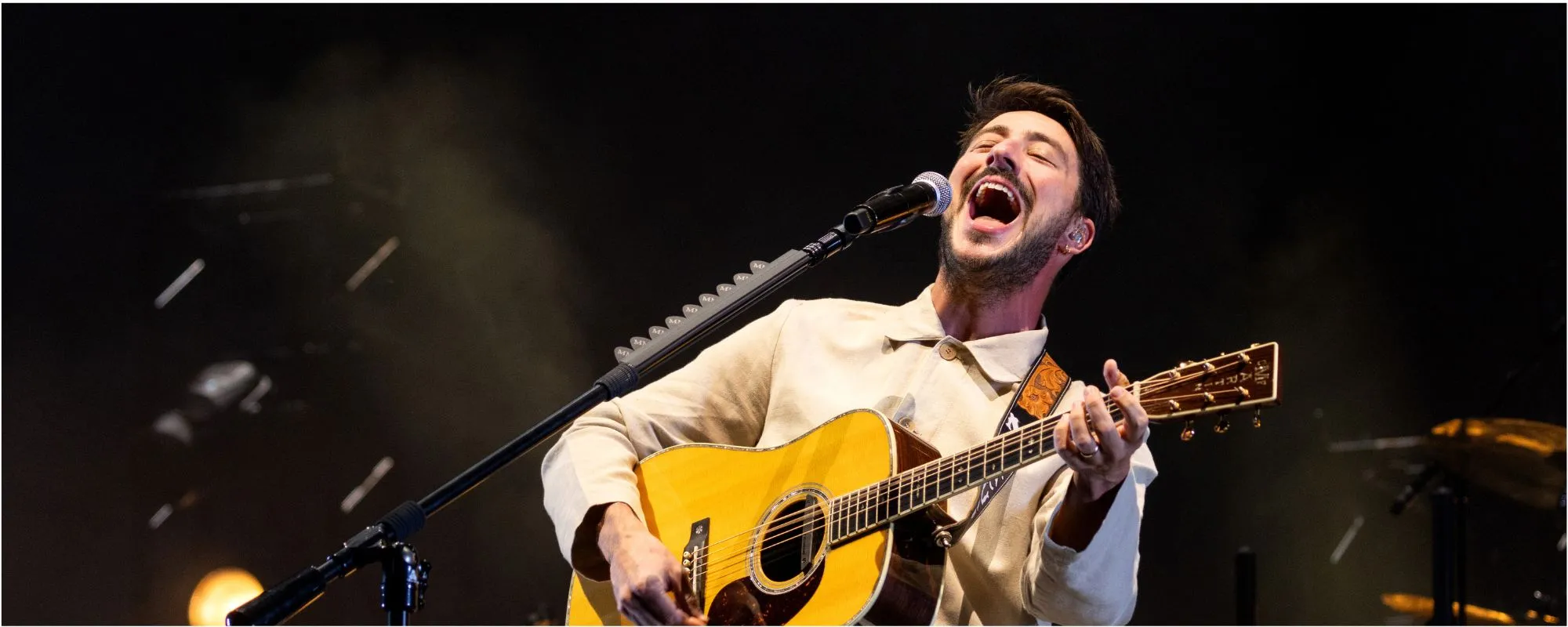
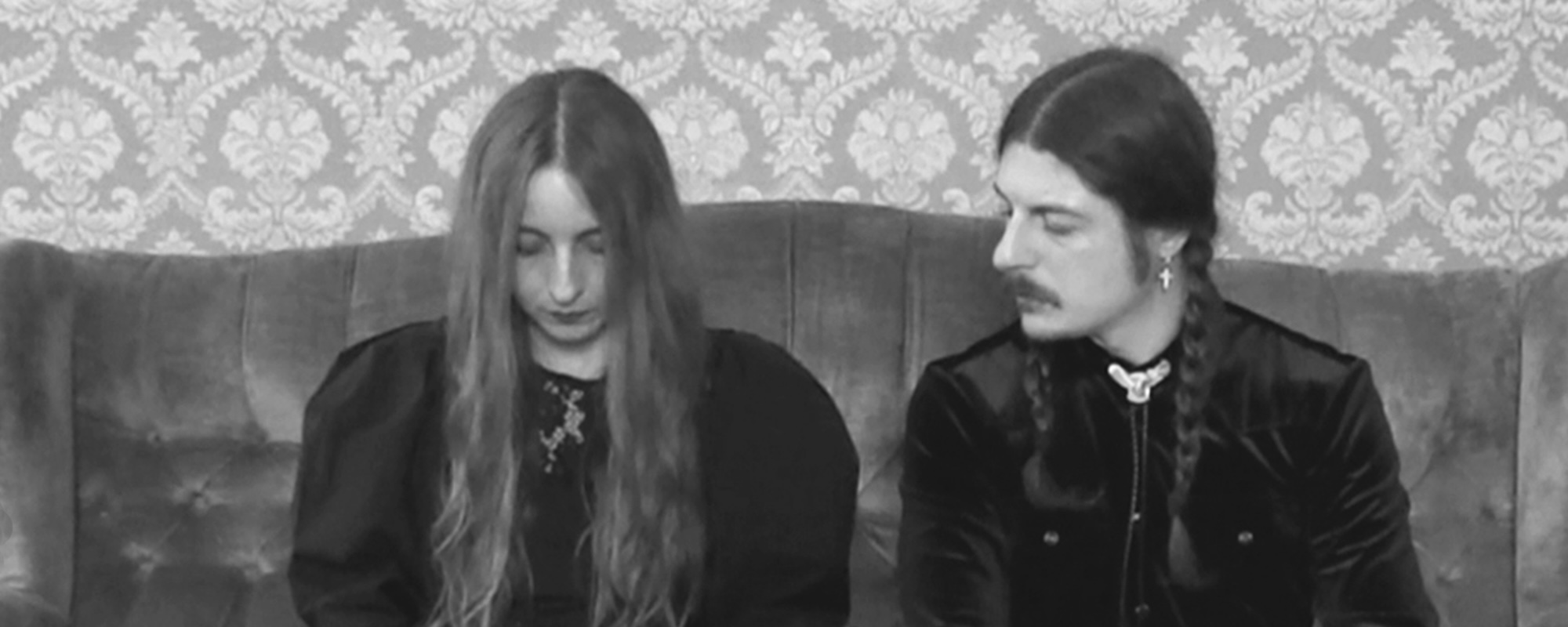
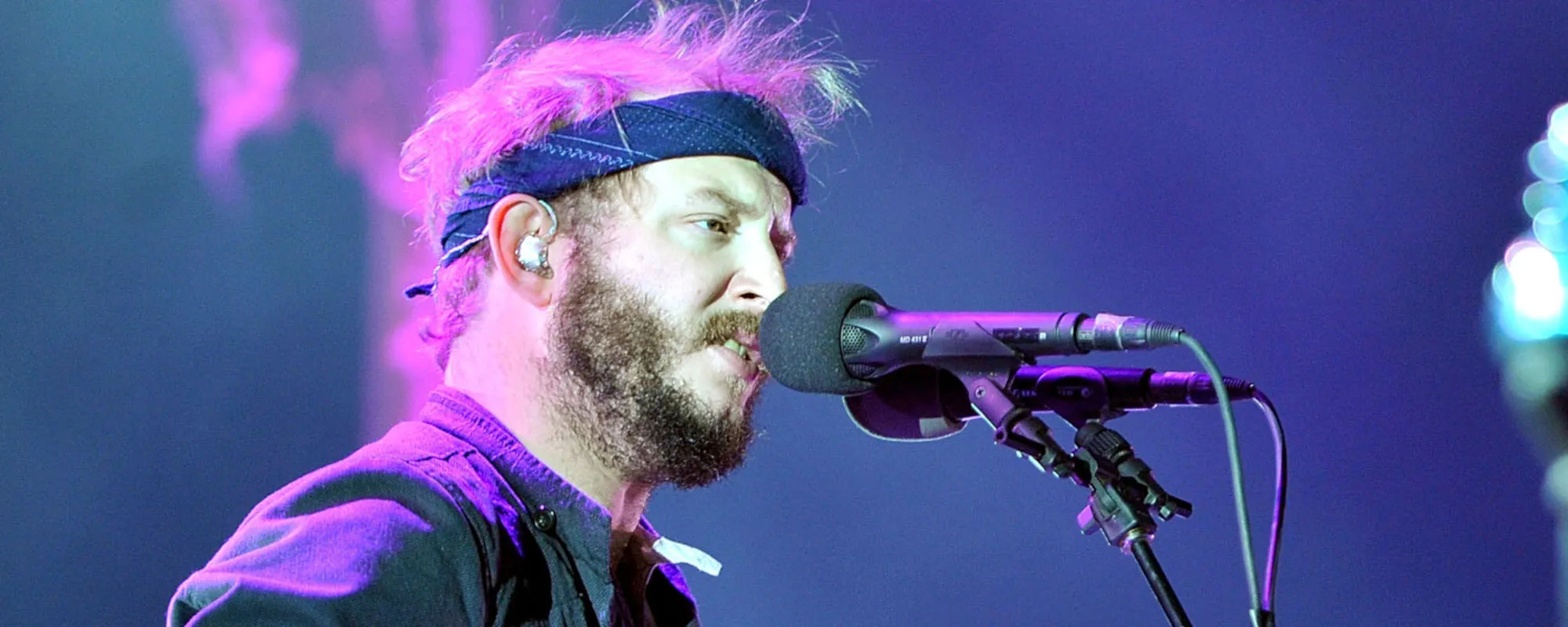
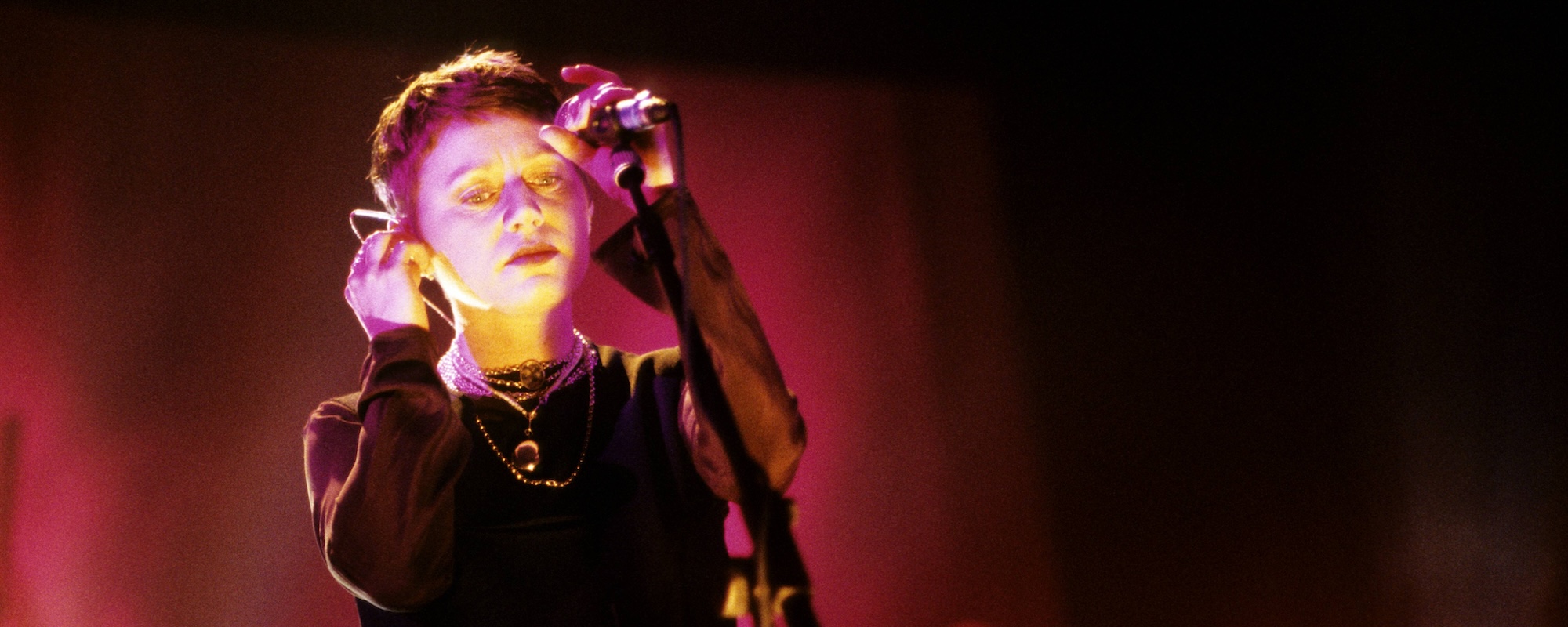

Leave a Reply
Only members can comment. Become a member. Already a member? Log in.